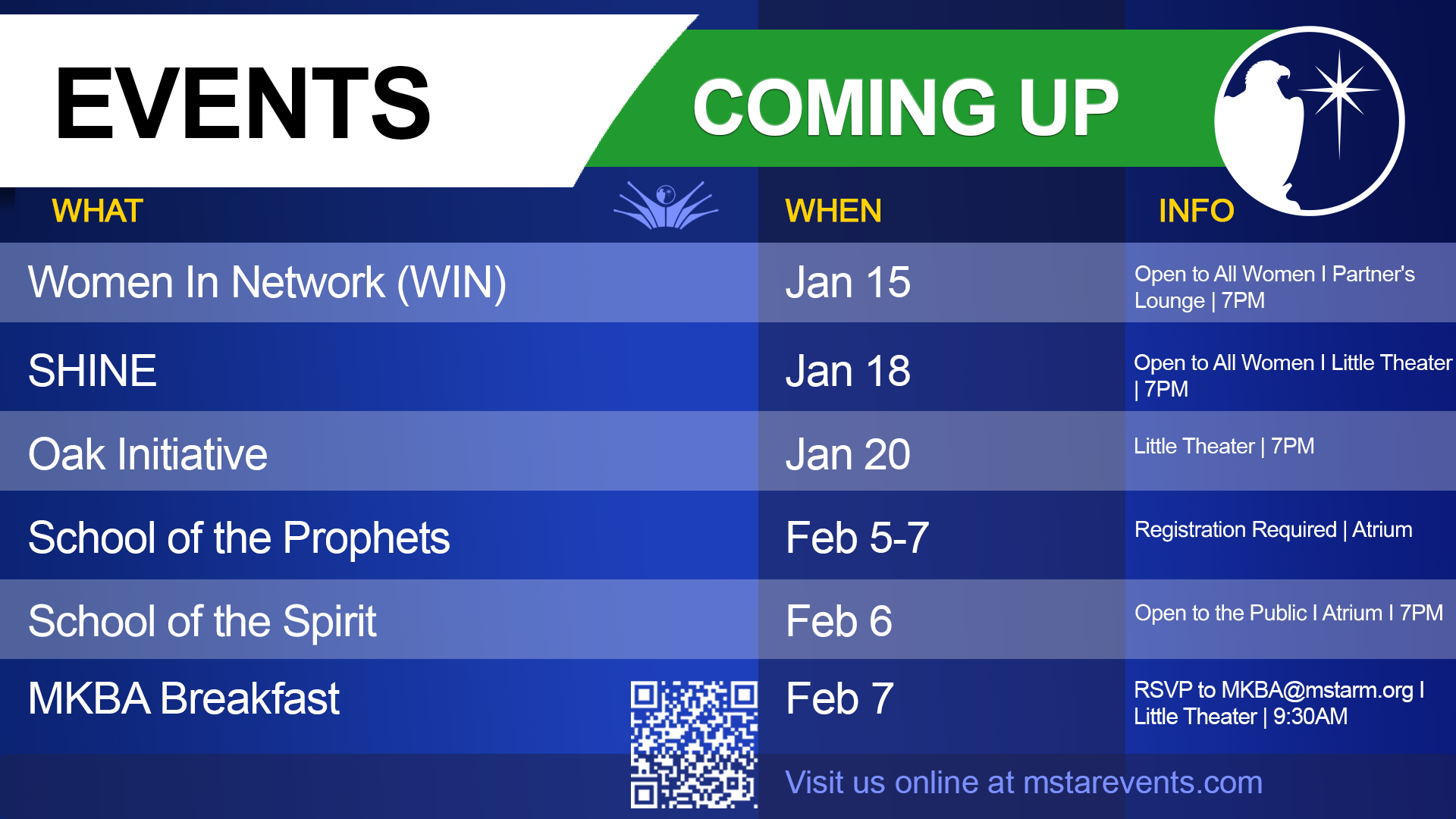Jesus is the Son of God, and the Scriptures affirm: all things that were created came into being through Him. So, how is it possible that “we are to grow up in all aspects into Him who is the head, even Christ?” (see Ephesians 4:15). The key word here is “we” are to grow up in all things into Him. This is not for us as individuals to attain to, but us as His body.
This is also why the apostle Paul did not say “he,” but “we” have the mind of Christ (see I Corinthians 2:16). Not one of us can have His mind, but together we can. Thus, to mature in Him as we are called requires a revelation of His body and how we must grow together in unity in Him. Maturity is a “we” not an “I” perspective.
We also see this in the natural. In infancy, we are completely codependent. We must be fed, changed, picked up, and carried everywhere we go. As we mature, we can do more things for ourselves until we become independent. Then, when searching for our own identity, we often go through a stage of fierce independence when we necessarily want to do everything for ourselves. We must know who we are if we are to make it to the highest stage of maturity—interdependence.
This is true of any team. To rightly fit on any team, we must know which positions we all play. This process of maturity is true spiritually as well. When we are born again, we want to go to church where we are fed, where our needs are met. As newborn believers, this is crucial. It is normal to be immature when we are still infants in Christ, but if we do not progress beyond having to wear diapers and being unable to feed ourselves after many years in Christ, we have a problem. I believe this is the problem Jesus referred to when He said, “Woe to those who nurse babes”at the end of this age (see Matthew 24:19). We could say, woe to those who have kept their people in immaturity, or woe to the spiritual parents who have kept their people dependent on them.
Naturally, this time of fierce independence when we want to do everything for ourselves usually comes during the teen years. This should not be resisted but needs to be guided. Good guidance can spare the confusion and trouble many youth go through at this age. In fact, the teen years should be a time of hope, vision, and beginning to experience the great adventure life is meant to be. The difference between positive and negative experiences is usually determined by whether this is a time of idleness or occupation.
Idleness is an open door for confusion. We’ve heard the phrase “idleness is the devil’s workshop,” which was coined by Jon Amos Comenius in the late 1500s. He is considered “the father of modern education” because he was first to advocate for all children to receive an education, not just the children of nobility. Then he developed schools for them that would turn their formative years from trouble and confusion to a time of joy and increasing vision, a time of great spiritual and intellectual growth.
The first time this period of confusion and troubling teen years was mentioned in modern times was after child labor laws were passed. There were certainly many abuses in child labor that needed to be addressed, but as governments often do when trying to address social issues, ours went too far. The laws forbade occupation of children and youth in a time they most needed to be occupied with something that gave them purpose and responsibility.
For children and youth to be subjected to 10 or 12-hour days of hard labor was obvious abuse, but to allow them a few hours a day, a few days a week, to learn the discipline of a constructive trade, could have served them well their entire lives, regardless of their ultimate occupation. Not to mention this could have helped steer them clear of the myriad of traps being laid for our children today.
Some psychological studies have asserted that any human being will go insane if deprived of meaningful labor. That’s because God created us to accomplish things. Therefore, we will be open to confusion and depression if we are not engaged in meaningful work. The same is true spiritually as well.
© 2022 Rick Joyner. All Rights Reserved.



